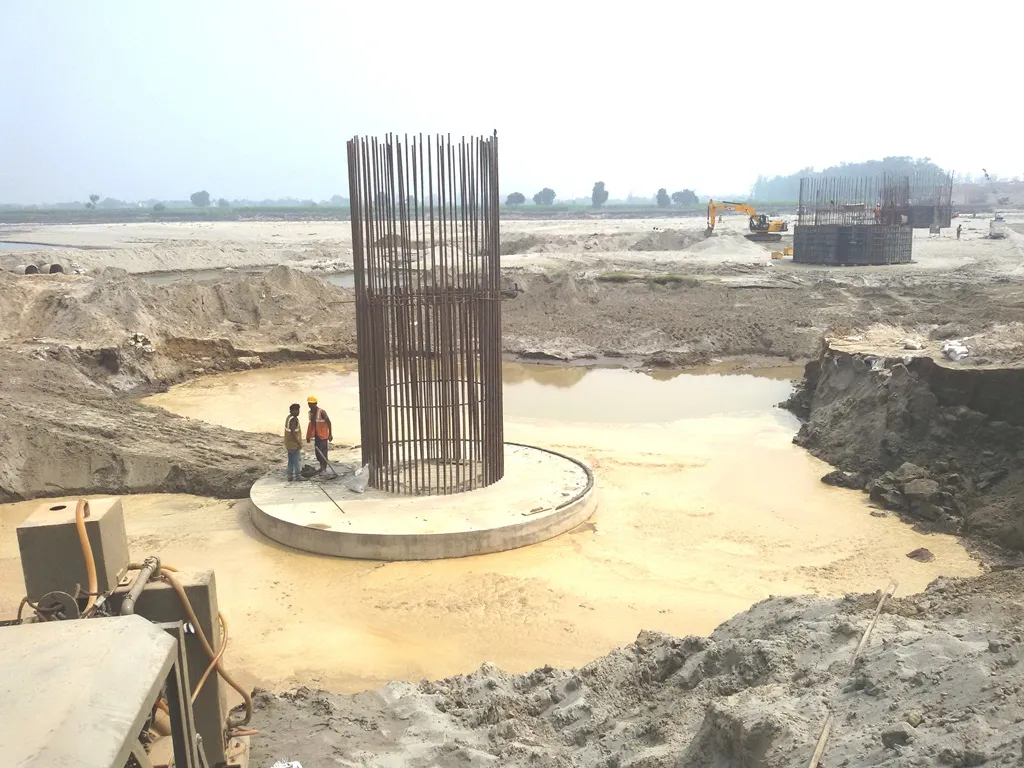The National Highways Authority of India (NHAI) has selected Louis Berger (LB) to serve as safety audit consultant for four national highway construction projects in the eastern state of Bihar.
A globally-recognised provider of engineering, development and management support services for public and private clients, LB will perform safety audits during the three-year construction and widening of 366kms of roadway on four national highways. The project team, led by road safety expert Brindabon Samanta, will
February 18, 2014
Read time: 2 mins
The 292 National Highways Authority of India (NHAI) has selected Louis Berger (LB) to serve as safety audit consultant for four national highway construction projects in the eastern state of Bihar.
A globally-recognised provider of engineering, development and management support services for public and private clients, LB will perform safety audits during the three-year construction and widening of 366kms of roadway on four national highways. The project team, led by road safety expert Brindabon Samanta, will also collect data to identify places where road traffic accidents have most commonly occurred during the past two years and recommend remedial safety measures.
“Fatalities on Indian roads remain a serious problem, with more than 100,000 lives lost each year according to the World Health Organization,” said Ivan Keogh, senior vice president in charge of Louis Berger’s Asia operations. “We look forward to the challenge and are excited to support NHAI on this important effort to improve public safety.”
LB will provide road safety and work zone auditing as well as highway and traffic engineering services. The project work is expected to commence this month.
A globally-recognised provider of engineering, development and management support services for public and private clients, LB will perform safety audits during the three-year construction and widening of 366kms of roadway on four national highways. The project team, led by road safety expert Brindabon Samanta, will also collect data to identify places where road traffic accidents have most commonly occurred during the past two years and recommend remedial safety measures.
“Fatalities on Indian roads remain a serious problem, with more than 100,000 lives lost each year according to the World Health Organization,” said Ivan Keogh, senior vice president in charge of Louis Berger’s Asia operations. “We look forward to the challenge and are excited to support NHAI on this important effort to improve public safety.”
LB will provide road safety and work zone auditing as well as highway and traffic engineering services. The project work is expected to commence this month.









